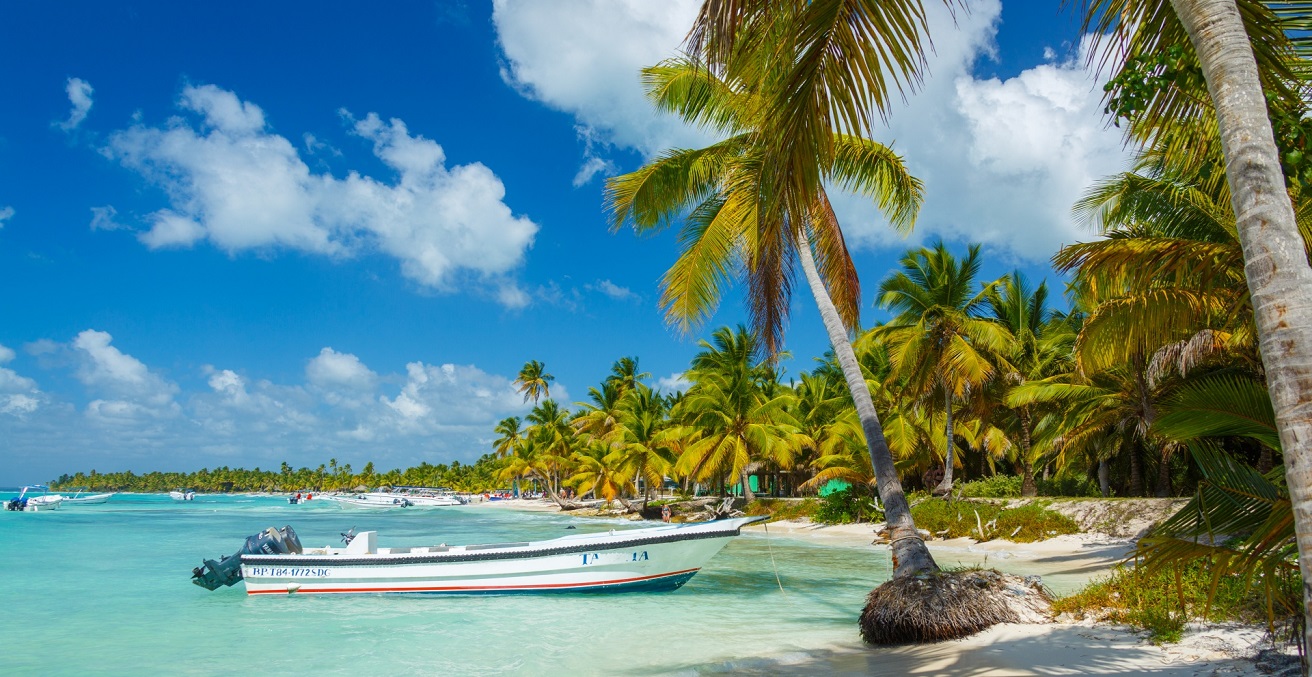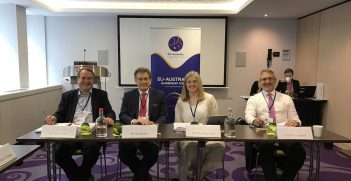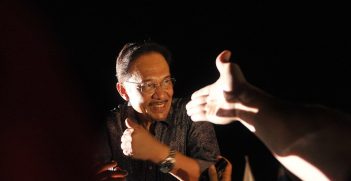Rediscovering the True Caribbean

Oft-forgotten but nonetheless important, the real Caribbean is largely left out of international affairs discussion, with one recent scandalous exception. Overlooked by many, what does this region have to offer for Australia?
When US President Donald Trump was accused of making derogatory remarks about Haiti and African countries, it was met with condemnation; however, Trump’s views are not isolated. Shortly after the media reported on the comments, Iowa congressman Steve King tweeted his support. The fact is that there are people who genuinely believe that some countries in Africa and the Caribbean are less than desirable places whose people should be avoided.
In a statement following the comments by Trump, the Caribbean Community (CARICOM) expressed its concern about “this pattern of denigrating Haiti and its citizens in what seems to be a concerted attempt to perpetuate a negative narrative of the country.” Logical questions to ask would be, “Why do these sentiments persist?” “Why does the narrative always seem to focus on the negative?”
It can be argued that a factor in this negative attitude is the manner in which Haiti, and other Caribbean countries, have been portrayed in entertainment and by the media. Images of poverty, crime, corruption and helplessness have dominated Hollywood films, novels and news programs about the Caribbean for a long time. The stories also revolve around the region’s vulnerabilities and the need for some benevolent saviour.
For the majority of Australians, their perception of the Caribbean is likely to be framed by these sources. If there is a negative or inaccurate view of a country or its people shown, this can filter into the subconscious. This perception can potentially influence international relations and perpetuate a particular world view.
This is an important consideration because in international relations perception is a powerful tool that forms the basis of relationships. Perception can influence political decisions and, when it is overwhelmingly negative, this can be damaging.
The media has helped to shape the narrative regarding the Caribbean, and therefore has a role to play in providing more accurate portrayals. This is in no way suggesting that the media is more important than departments of foreign affairs and trade in advising on international relations, but the media has played a role in influencing policies in some governments.
Shaping the narrative
Caribbean media provide more accurate portrayals, but these are not viewed outside the region to a very large extent. There is a need for non-Caribbean-based information outlets to be more in tune with the reality of the region. Over the past year, the BBC has included several programs and articles on the Caribbean. These have included Writing a New Caribbean, The Subversive Power of Calypso Music and The Caribbean with Simon Reeves.
This focus on the Caribbean has been a welcome addition to BBC programming. While the BBC presenters, authors and producers involved were not always from the Caribbean, the programs did feature stories and experiences of people from the region. Whether or not intended by the BBC, this Caribbean programming provides for greater understanding of the region, as well as for the possibility of increased interest in collaboration between British and Caribbean nationals. This would be a significant consideration in the post-Brexit era.
For Australia, there is also the potential for greater collaboration if policymakers were exposed to more accurate portrayals of the Caribbean in a similar fashion.
There are positive actions coming out of the Caribbean, such as Haiti recently hosting a meeting of CARICOM to discuss a regional code on energy efficiency building, that could contribute to international efforts to reduce carbon dioxide emissions. This initiative has only been highlighted in local and regional media. When there is only partial knowledge at the international level about such activities, there is limited scope for partnerships.
Learning from the past
Once upon a time, the world benefited from the impact of Caribbean luminaries such as Sir Arthur Lewis, Eric Williams, Walter Rodney, Sir Shridath Ramphal and Derek Walcott. That time, in the second half of the 20th century, was also a period when Caribbean literary figures had an international platform to showcase their work. It was a thriving period of Caribbean literature, intellectualism and international engagement. However, in recent years, there has been limited awareness of the true Caribbean around the world, including in Australia. This has hampered the type of engagement that could exist and, on occasion, even the desire for engagement.
The time is ripe for a return to the era of more accurate portrayals of the Caribbean. In the wake of the comments allegedly made by President Trump about Haiti, there have been wonderful tributes made about the history and the people of this proud nation, including by Sir Hilary Beckles of the University of the West Indies. These are the sentiments and observations about Haiti that are needed more today. They will help to change the image of Haiti that exists in some circles, and also influence the foreign policy approach some countries have towards the island nation and the region.
Future of Australia-Caribbean Relations
The Australian government’s 2017 Foreign Policy White Paper made no mention of the Caribbean. It can be assumed then that at present the Caribbean does not feature in Australia’s foreign policy priorities. In the absence of any comprehensive policy and engagement, Australians will only know of the Caribbean as portrayed in international media. It is thus important to be aware of the true Caribbean and consider if it is worth engaging.
The Caribbean has had its share of challenges but also triumphs; there are disasters and resilience-building strategies; and there are opportunities for partnerships in different fields. It has historic and traditional links with Australia and also shared political, legal and academic systems. It is a region filled with like-minded countries, of the type which were identified as priorities in the White Paper.
Even though the opportunities for engagement with the Caribbean were not explored in the White Paper, the benefits of collaboration can still be considered.
Carlisle Richardson is a former ambassador of St Kitts and Nevis to the United Nations and a former sustainable development officer of the United Nations.
This article is published under a Creative Commons Licence and may be republished with attribution.





